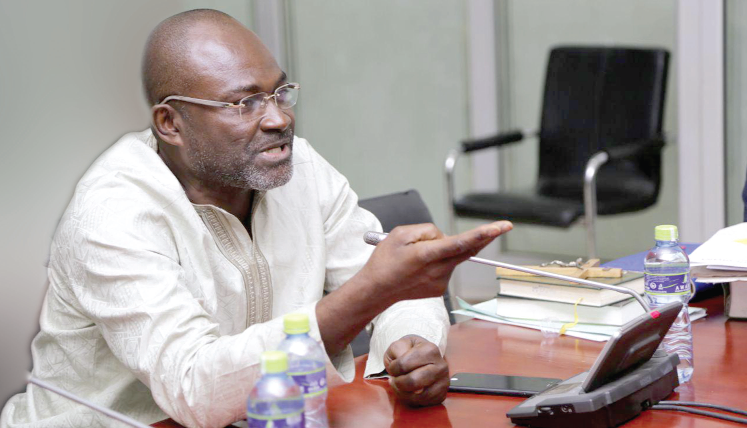
When things get messy, don’t rely on ‘your flow’, rely on the experts
It’s been a rough few months for a few good Ghanaian men and women. It seems that every time we read the news these days, there’s a story about someone in a bit of trouble who, in their own wisdom, has chosen to represent themselves and send out a press release or a social media message to tell their side of the story.
Advertisement
There was Tony Lithur’s widely circulated unflattering divorce petition, after which Nana Oye Lithur released a statement in which we were asked to, among other things, “pray for us” and that the “unfortunate allegations against me cannot be true.”
On the heels of the Lithur drama,
Then in August, the CEO of
A week later,
A few days after the
In his statement, he indicated his continued cooperation with the Economic and Organised Crime Organisation (EOCO), and his concern for the well-being of those who lost their jobs. The response was swift.
Capital Bank staff stated that they did not need his sympathies, nor prayers; while many experts were of the opinion that the statement was unnecessary and that he sought to absolve himself of any blame.
This isn’t happening only in Ghana. The most widely publicised example was in May when American TV actress, Roseanne Barr, sent out what was described by many as a racist tweet about former Barack Obama advisor Valerie Jarrett. After the huge backlash,
Small world
These few examples illustrate how small the world has become. Thanks to social media, our slightest message is amplified almost immediately and message “senders” are many times unprepared for the groundswell of negative responses with which they are bombarded. The paradox is
When an individual, corporation or brand is in trouble, it is instinctive to want to speak out immediately, especially when we believe we have nothing to hide. However, it is precisely
Many in managerial positions also sometimes find themselves in grim situations, many times through no direct fault of theirs. No matter the reasons
Advocate
A good communication consultant is your strong advocate. Chosen wisely, they become your strategic partner, can
At the end of the day, good communication consultants are like skilled attorneys. They will work hard to clear your name and protect you and your brand. They will help you navigate the challenging times, speak on your behalf and where necessary, coach you on how to handle the press. You are never alone.
On a recent edition of a global news programme, a world-renowned attorney representing a well-known client was pushed by the host to have his client speak up and clear the confusion surrounding the case. The attorney’s response was classic.
Though that solution made sense from a citizen’s perspective, he told the host, “from the point of view of a lawyer for a person who is under investigation, confusion is a good thing, not a bad thing, and … [my]…
Communications consultant
Many moons ago, many assumed the only reason one hired a communication consultant was to hide information. This is no longer the case. For many, handling the press simply isn’t second nature to them.
Those of us in the industry have spent most of our careers being good at taking the pulse of the marketplace. We know how to manage and hold conversations in ways that don’t escalate the situation. We know how to skillfully move conversations to allow our client’s side of the story to be heard. And we are able to work with our clients to prepare them to successfully engage with relevant audiences to address thorny situations.
The Ghanaian is a sophisticated consumer and it is no longer enough to think that the same arguments we make casually sitting with our friends and colleagues will be the right message to deliver to the Ghanaian public in a time of crisis.
Years ago, during my communication training programmes, the greatest difficulty for my participants was to come to the
But talking isn’t the same as communicating. And if you still don’t think there is a difference, here are two expressions that highlight the difference between talk and communication: ‘Talk is cheap’, and ‘communication is the key to change’.
Many hardly see the need for a communication consultant. But a good communication consultant will protect you from yourself. We are always there, helping you to craft your responses appropriately and carefully to ensure that your words will stand the test of
So next time you feel the need to defend yourself, instead of reaching for your computer keyboard, reach for the phone qwerty keyboard and call your communication consultant. It just may be your best decision in the midst of the chaos.
The writer is a communication and crisis management consultant. She is currently CEO of Golightly Helem Consult (www.helemconsulting.com).
She is a former president of the African University College of Communication.